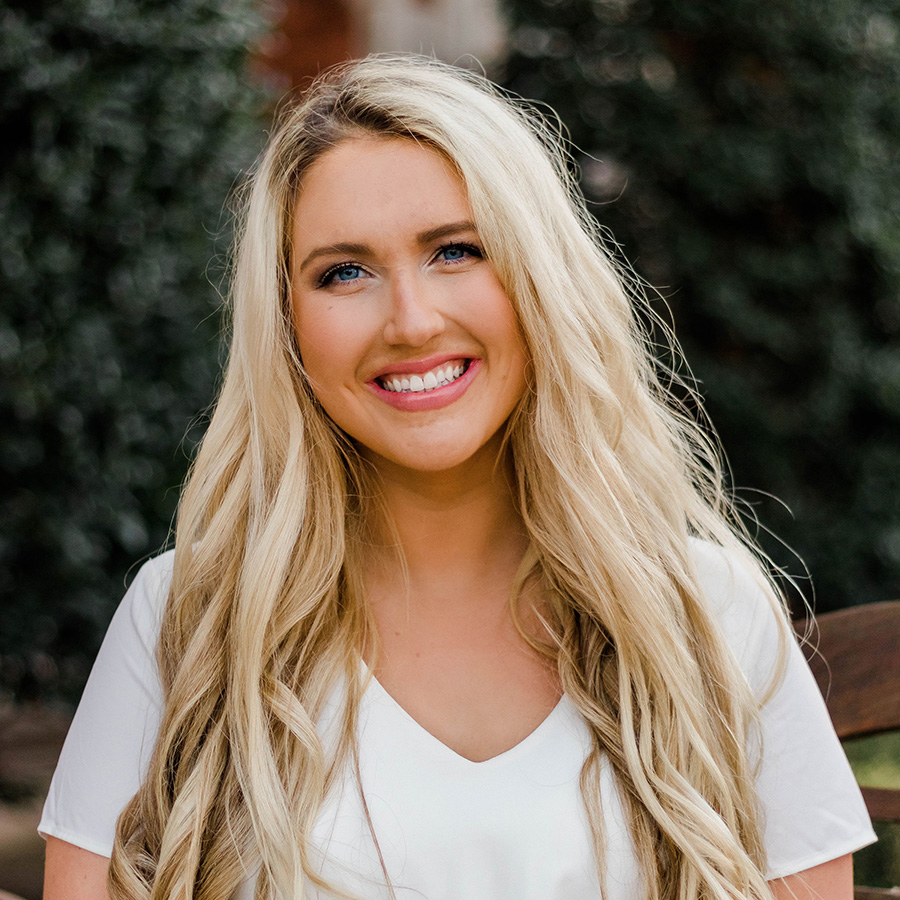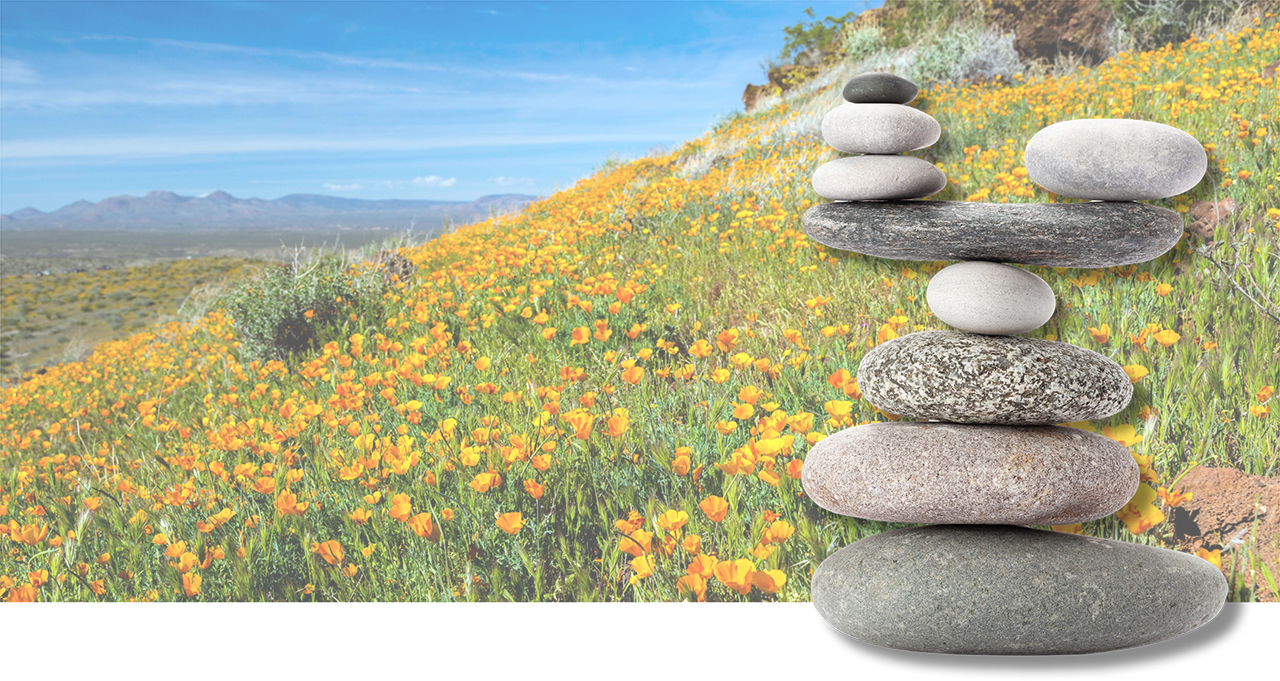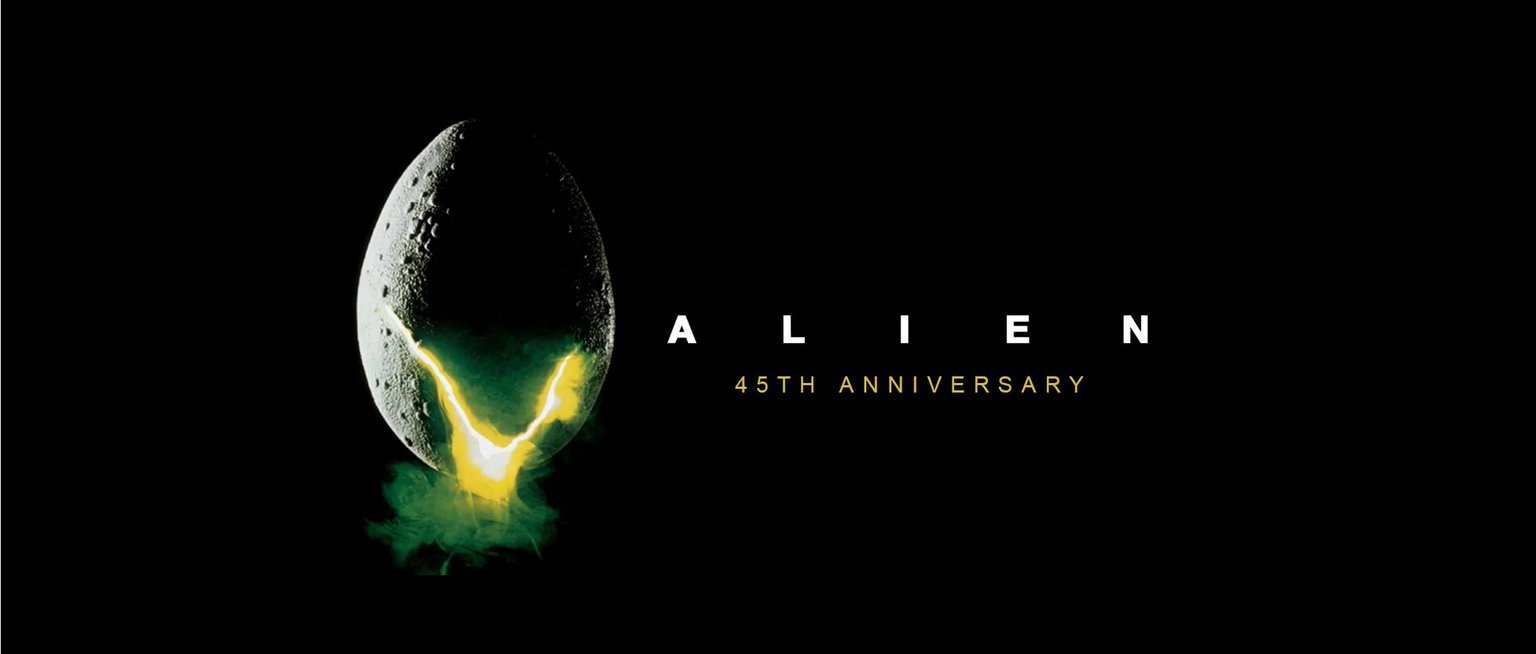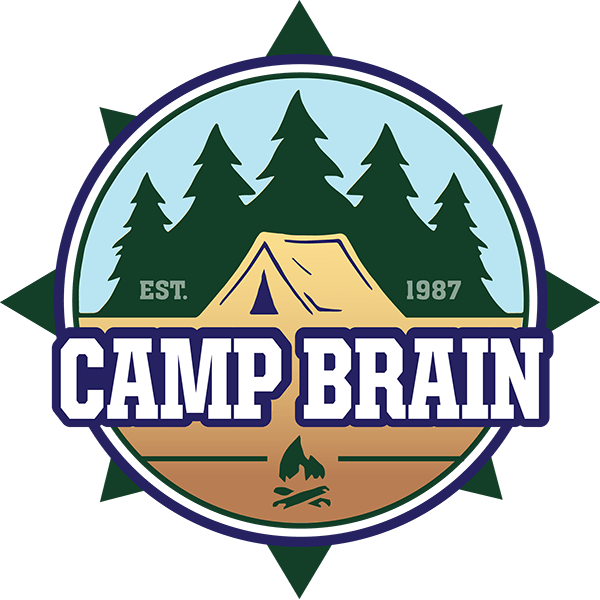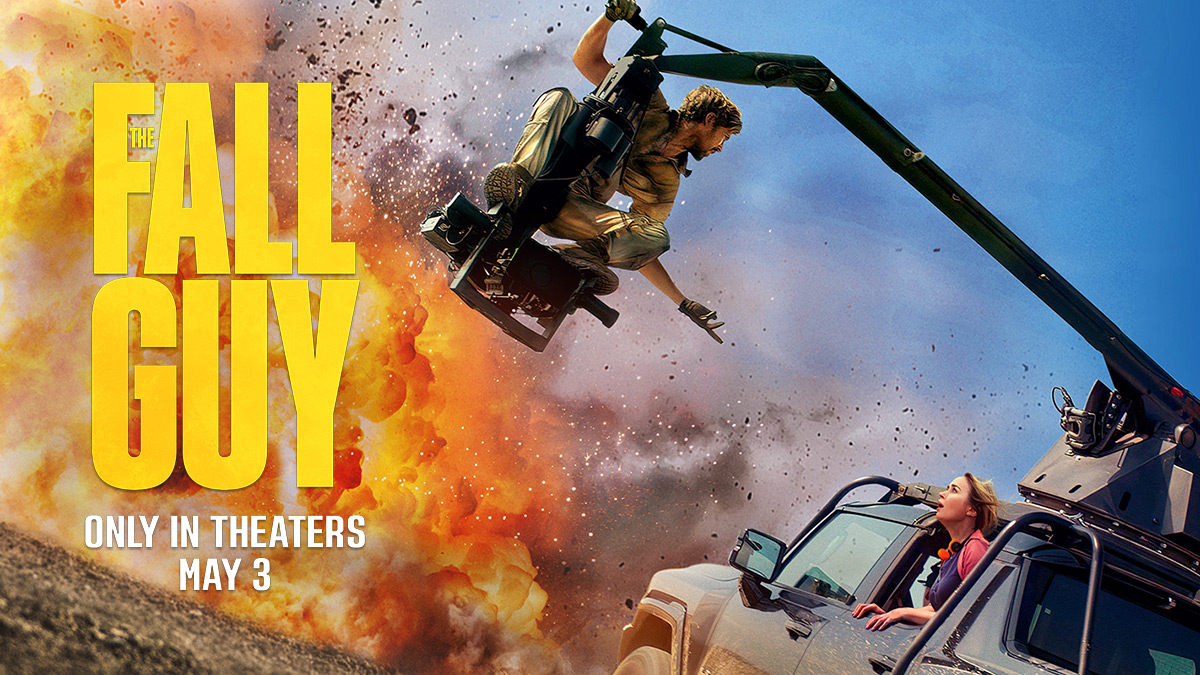Criminal Minds Are No Match for Madeleine Dorn
Madeleine Dorn was recently named to the Brain Injury Alliance of Arizona’s Young Professionals Brain Health Advisory Council. It’s all part of the organization’s push to raise awareness of the importance of brain health for all age groups throughout the state.
“It’s not just talking about it; we must understand the connection [between brain injury and human trafficking] and demand support for those experiencing abuse,” she emphasizes. “This is essential to help people have a successful recovery and reintegrate into society and their old life, or their new version of that life.”
Criminal Minds Are No Match for Madeleine Dorn
Madeleine Dorn was recently named to the Brain Injury Alliance of Arizona’s Young Professionals Brain Health Advisory Council. It’s all part of the organization’s push to raise awareness of the importance of brain health for all age groups throughout the state.
“It’s not just talking about it; we must understand the connection [between brain injury and human trafficking] and demand support for those experiencing abuse,” she emphasizes. “This is essential to help people have a successful recovery and reintegrate into society and their old life, or their new version of that life.”
The Phoenix native grew up playing volleyball for various clubs, as well as at her alma mater, Horizon High. However, a rash of knee injuries and subsequent operations prevented her from pursuing the sport in college. But once an athlete, always an athlete, and not to be deterred, she took up swimming as a senior and is now a swim instructor and lifeguard.
Madeleine’s interests extend beyond the world of sports. She developed a better understanding of the political world while interning for Congresswoman Debbie Lesko but found herself drawn to studying criminals’ behavior as a means to thwart them. She pursued that passion at the University of Oklahoma, where she earned a B.A. in Criminology, with minors in Intelligence & National Security and Criminal Justice. Now, she wants to devote her career to preventing human trafficking.
“Trafficking is like a straight-up business model, but instead of dealing with guns or drugs, for example, the products are humans,” she explains. “The way people are used simply as dispensable commodities is deplorable.”
She says that standing by and ignoring this crisis is not an acceptable course of inaction. “We all know it happens, but it’s not talked about, so our silence contributes to it.”
The 23-year-old also wants people to be aware of the connection between human trafficking and brain injury. In her new position on the Council, Madeleine is optimistic she will be an integral part of increasing that awareness, especially among younger people.
“It’s not just talking about it; we must understand the connection and demand support for those experiencing abuse,” she emphasizes. “This is essential to help people have a successful recovery and reintegrate into society and their old life, or their new version of that life.”
Brain injuries resulting from human trafficking is something Janice Podzimek, Interpersonal Violence Liaison for the Brain Injury Alliance, sees all too often. “The connection is simple. Traffickers use many methods to control the people they exploit. In addition to violence, they don’t allow rest, medical care, or even emotional support.” Adds Podzimek, “I’m glad to have Madeleine on-board as a voice for those experiencing and recovering from these ordeals.”
In a recent study, more than 92% of sex-trafficking survivors reported suffering from physical violence, with most coming from direct blows to the head or face. It is highly likely they will sustain multiple traumatic brain injuries, as well as malnutrition, substance misuse, and anxiety disorders. This “stacking” of injuries can disrupt survivor’s recovery, as well as increase the likelihood of more severe symptoms and cognitive deficits down the road.
The Young Professionals Brain Health Advisory Council is determined to connect with a younger audience that is statistically more at-risk for sustaining brain injury from human trafficking and beyond. “Reducing those numbers, which are highest for people 18-34, starts with prevention,” states Podzimek. “And prevention starts with education. I’m encouraged these young professionals are finding new ways to convey these messages.”
Madeleine echoes that sentiment. “We know how to use social media, and that will be key to our outreach efforts,” she shares. “Tik Tok. Instagram. Snapchat. YouTube. All of it. Personally, I think we can’t get involved soon enough.”
ABOUT BRAIN INJURY ALLIANCE OF ARIZONA
The Brain Injury Alliance of Arizona (BIAAZ) is the only statewide nonprofit organization dedicated to improving the lives of adults and children with all types of brain injuries through prevention, advocacy, awareness and education. BIAAZ also houses the Arizona Brain Health Resource Center, a collection of educational information and neuro-specific resources for brain injury survivors, caregivers, family members and professionals.
What began in 1983 as a grassroots effort has grown into a strong statewide presence, providing valuable life-long resources and community support for individuals with all types of brain trauma at no charge.
The Brain Injury Alliance of Arizona:
- Works with Congressional Brain Injury Task Force
- Houses Arizona Brain Health Resource Center
- Hosts Statewide Opioid Use Disorder & Cognitive Impairment Workgroup
- Has Statewide Opioid Use Disorder & Cognitive Impairment Response team with peer support, training, and family wraparound services
- Facilitates Brain Health Advisory Council
- Manages statewide Neuro Info-Line: 888-500-9165


